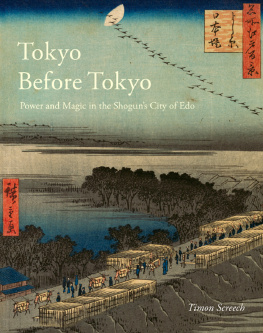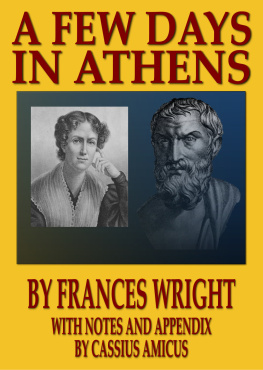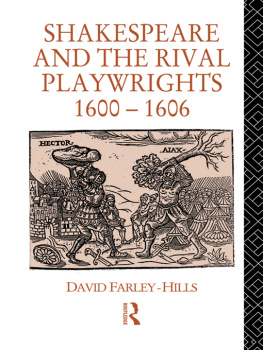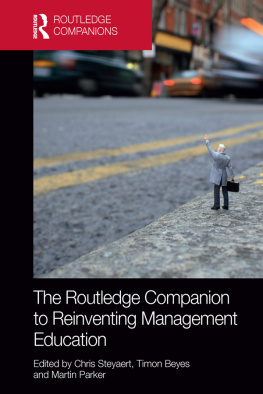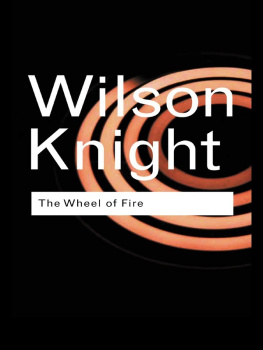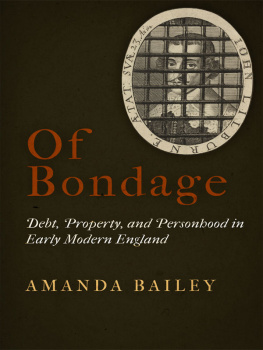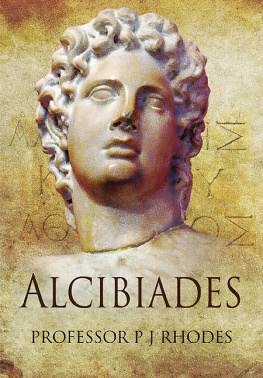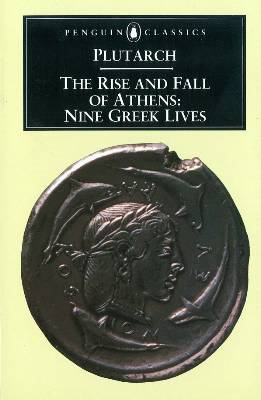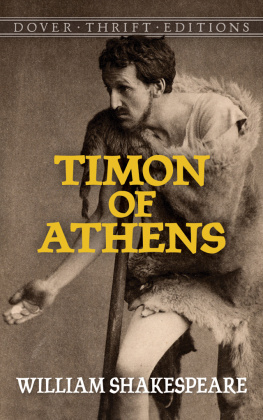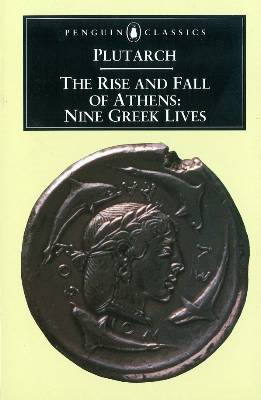THE OXFORD SHAKESPEARE
General EditorStanley Wells
THE OXFORD SHAKESPEARE
The Life of Timon of Athens
BY WILLIAM SHAKESPEARE AND THOMAS MIDDLETON
EDITED BY JOHN JOWETT


Great Clarendon Street, Oxford OX2 6DP
Oxford University Press is a department of the University of Oxford. It furthers the Universitys objective of excellence in research, scholarship, and education by publishing worldwide in
Oxford New York
Auckland Bangkok Buenos Aires Cape Town Chennai
Dar es Salaam Delhi Hong Kong Istanbul Karachi Kolkata
Kuala Lumpur Madrid Melbourne Mexico City Mumbai Nairobi
So Paulo Shanghai Taipei Tokyo Toronto
Oxford is a registered trade mark of Oxford University Press in the UK and in certain other countries
Published in the United States
by Oxford University Press Inc., New York
John Jowett 2004
The moral rights of the author have been asserted
Database right Oxford University Press (maker)
First published 2004
All rights reserved. No part of this publication may be reproduced, stored in a retrieval system, or transmitted, in any form or by any means, without the prior permission in writing of Oxford University Press, or as expressly permitted by law, or under terms agreed with the appropriate reprographics rights organizations. Enquiries concerning reproduction outside the scope of the above should be sent to the Rights Department, Oxford University Press, at the address above
You must not circulate this book in any other binding or cover and you must impose this same condition on any acquirer
British Library Cataloguing in Publication Data
Data available
Library of Congress Cataloging in Publication Data
Data available
ISBN 0-19-812938-6
3 5 7 9 10 8 6 4 2
Typeset by SNP Best-set Typesetter Ltd., Hong Kong
Printed in Great Britain
on acid-free paper
by Biddles Ltd.,
Kings Lynn, Norfolk
ACKNOWLEDGEMENTS
I OWE thanks above all to Stanley Wells, who has overseen this project with his characteristic wisdom, tolerance, and sure touch. Christine Buckley has averted many errors, and has added more to the intellectual content of the edition than one has any right to expect of a copy editor. Frances Whistler was there from the beginning. She, Judith Luna, and others at Oxford University Press helped to turn a typescript into an elegant book.
Amongst colleagues and friends my gratitude is owed to: Brian Boyd, for urging me to write on the authorship question and commissioning my work for publication in Words that Count; Alice Cooley, for information on Bolsover Castle; George Craig, for answering a query about the letters of Samuel Beckett; Tony Dawson and Gretchen E. Minton, the Arden editors of Timon, for friendly co-existence; Joy Leslie Gibson, for information on the Young Vic production; Hugh Grady, for kind remarks on a paper that was revised to become part of the Introduction; Roger Holdsworth, for advice and comments when I was working on the play for Middletons Collected Works and since; Trevor H. Howard-Hill, for details of his unpublished work on compositor attribution; Andrea Jackson, for her generosity in providing information on Stratford, Ontario productions; MacD. P. Jackson, for comments on authorship questions, and for encouragement; Russell Jackson, for advice on theatre history and help with German; M. J. Kidnie, for an extraordinarily careful, rigorous, and generous reading of the introduction; Tomonari Kuwayama, for sharing ideas on the play, Ildik Limpr and Kinga Fldv, for help beyond all expectation in researching Hungarian productions; Stuart Loone, for information about the production in Launceston; Kristin Lucas, for pointing me to Bataille, and much else; Catherine Richardson, for advice on historical matters; Clare Smout, for saving me from a misreading; Martin Wiggins, for valuable suggestions on masques and other matters; Fiona Wilson, for pointing out a Ted Hughes poem; and Akihiro Yamada, for information on the Japanese Shimpa adaptation.
The Education Department of the Royal Shakespeare Company, Gary Taylor, Istvn Gher and Gza Kllay, and Luciano Garca Garca, all stimulated my work by inviting papers relating to it; these were presented at the 1999 Prince of Wales Summer School in Stratford-upon-Avon, the 2002 meeting of the Shakespeare Association of America in Miami, the StratfordBudapest Postgraduate Conference, and the 14th SEDERI conference in Jan in 2003. Linda Woodbridge invited me to submit the Miami paper to appear in Money and the Age of Shakespeare.
Jim Shaw, Kate Welch, and other staff of the Shakespeare Institute Library have been, as ever, outstanding in their efficiency and helpfulness. I am grateful also to Library Assistants who have undertaken research tasks: Kelley Costigan, Emma Harper, Eleanor Lowe, Will Sharpe, and others. Staff of the Shakespeare Centre Library have capably and actively enabled my work on the Royal Shakespeare Company archives. Jo Elsworth and others helped me to make the most of a long and intensive days work at the Bristol Theatre Collection. Marilyn Halperin of the Chicago Shakespeare Theater responded with enthusiastic generosity to enquiries and provided photographs reproduced as Illustrations 2 and 3a. Elizabeth McGrath of the Warburg Institute located the woodcut reproduced as Illustration 1. Zsuzsa Koncz provided a copy of her photograph reproduced as Illustration 6.
The academic staff and students of the Shakespeare Institute have constituted a stimulating intellectual environment for my work. They have repeadedly provided a sounding-board for work in progress, and made available the considerable fund of knowledge they collectively hold. I mention in particular the students of my MA special topic on Timon of Athens, Middleton, and early modern culture, alongside whom I learnt much about the play.
My children David and Hannah Jowett were the middle of humanity and a constant delight, saving me from Timon daily. A special thank-you to Hannah for numbering the first typescript.
JOHN JOWETT
CONTENTS
LIST OF ILLUSTRATIONS
ILLUSTRATIONS are reproduced by permission of the Shakespeare Birthplace Trust unless otherwise noted.
(By permission of the Warburg Institute)
(Photograph by Liz Lauren, reproduced by permission of Chicago Shakespeare Theater)
3. The second banquet:
(Photograph by Liz Lauren, reproduced by permission of Chicago Shakespeare Theater)
(Photograph by Gordon Goode)
(Photograph by permission of Zsuzsa Koncz)
(Photograph by Gordon Goode)
(Photograph by Malcolm Davies)
INTRODUCTION
IT is no coincidence that Shakespeares least loved play is about a misanthrope. Timon of Athens presents a man who expresses unmatched savage vehemence against the whole of humanity. It does not seek out a warm place in the affections of its readers. Nor does it seem to be designed to have popular appeal in the theatre. This play reaches into extreme areas of experience that are usually absent from everyday life, and are avoided by what Timons critic Apemantus calls The middle of humanity.
Some critics have speculated that Shakespeare abandoned the play before it reached the stage, perhaps in a state of personal or artistic crisis. This view has influenced many readers, and has encouraged theatre practitioners to adapt the text freely. It has a mythical truth, in that it speaks eloquently of how the play has both fascinated and troubled its readers. What has become increasingly clear in recent years is that many of the apparent peculiarities of the text do not reflect Shakespeares disordered intellect or dissatisfaction with his own work, but instead result from his writing the play in collaboration with another dramatist, Thomas Middleton. The printers of the 1623 Folio text were evidently working from a manuscript that lacked some finishing touches and that was written in two hands. The oscillation between harsh but comic satire and vehement rage results in part from the shifts between Middleton and Shakespeare.
Next page

